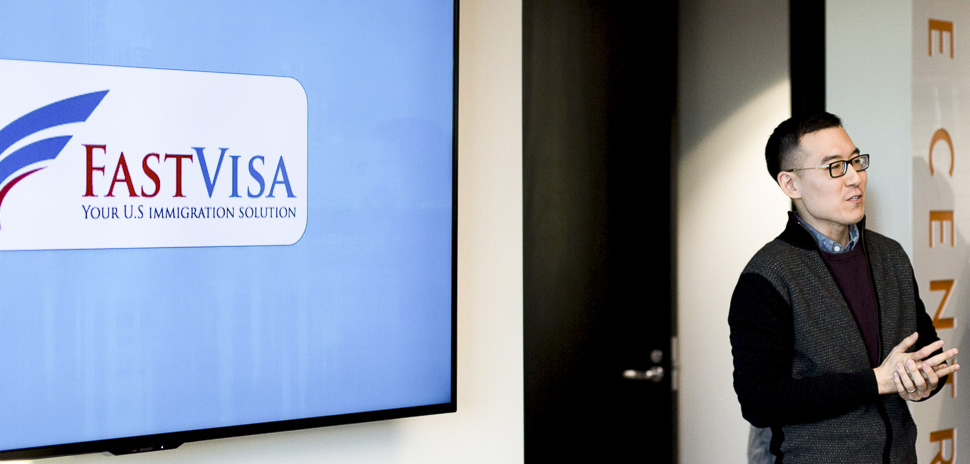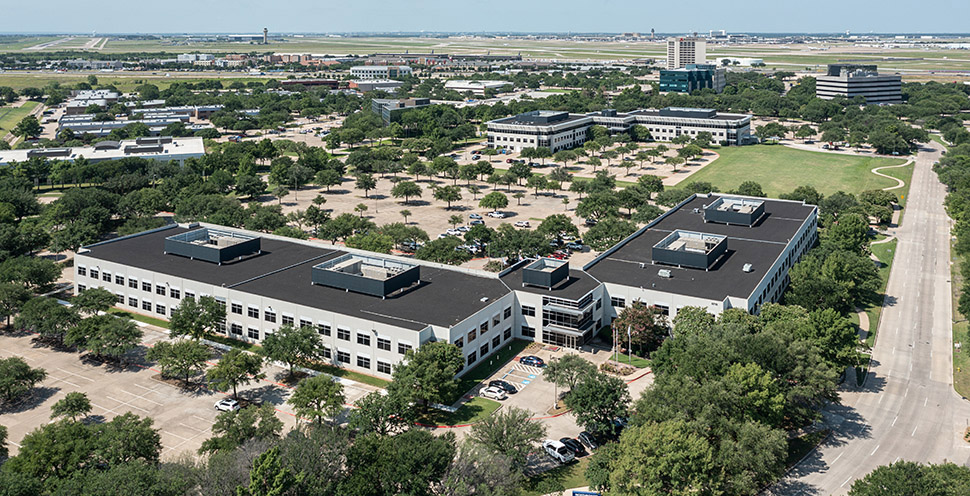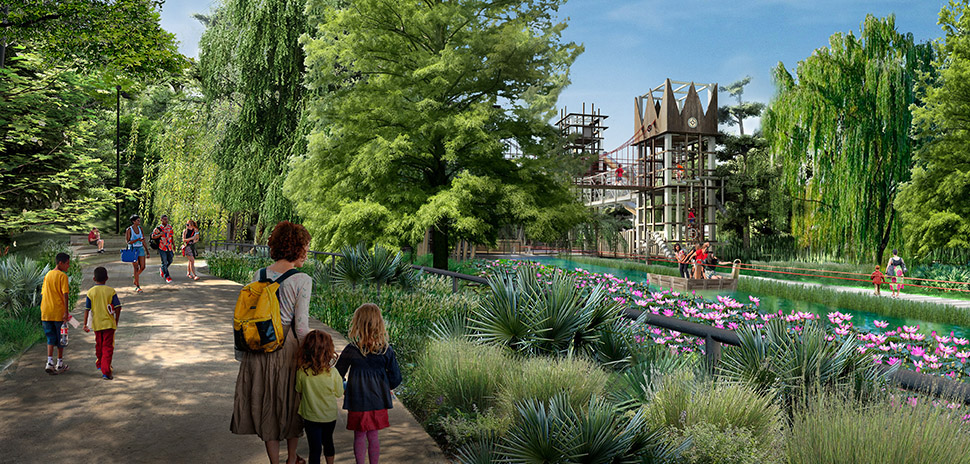So far, 2018 has started well for FastVisa, the Dallas-based startup that created a platform to streamline the immigration paperwork process.
FastVisa will be one of 50 companies and the only startup from North Texas presenting at the South by Southwest Accelerator Pitch Event in Austin this March.
And the company was invited to Texas Venture Labs at the University of Texas, a program that assigns semester-long projects to UT graduate students to help determine the strategic direction of companies. In exchange for FastVisa’s time with the students, Texas Venture Labs will host a demo expo to showcase the company in May.
“We’re hoping to make some changes in this industry.”
Paul Kang
If that’s not enough, the startup was accepted into the Capital Factory accelerator program so it can work at The Dallas Entrepreneur Center in the West End or Capital Factory’s Austin location. When Capital Factory opens its new location at The Centrum building on Oak Lawn Avenue in Dallas, it will be able to set up shop there, too. It also was one of six finalists in Capital Factory’s Dallas Diversity & Inclusion Investment Challenge last month.
For founders Paul Kang and Ethan Jeong, it’s recognition for the work they’ve done over the last two years to make it easier for immigrants to get green cards and visas all the way to citizenship.
“People see the inefficiencies in the system,” Kang said. “We’re hoping to make some changes in this industry.”
PLATFORM STREAMLINES IMMIGRATION SERVICES
The traditional process requires extensive legal services that can cost several thousand dollars. They’ve taken the administrative part of that and automated it into a web-based platform that users can fill out.
The startup’s biggest market is businesses to businesses, selling FastVisa as a service to employers who need to get visas for their employees. Other markets they want to go after include foreign consulates, nonprofits, and colleges and universities.
“All the questions are pretty much the same repetitive questions. We ask the employee to fill it out,” Kang said. “Then, lawyers just review that part.”
It’s not trying to cut out the lawyer — it’s about streamlining the administrative processes so the immigration lawyer doesn’t have to do that part.
“That way, attorneys only provide legal services,” he said.
Kang likened it to a doctor’s office providing medical care that is separate from the office that handles administrative billing and scheduling.
FASTVISA HAS SEEN BUMP IN REQUESTS AS DEMAND FOR IMMIGRATION SERVICES RISES
Demand for immigration services has increased under President Donald Trump’s administration, leading to more business for FastVisa.
“With this current administration, people who were green card holders for 10 years, now they really are trying to get citizenship,” Kang said.
The company has received $300,000 in funding with the majority of that coming from friends and family and investors who are also immigrants.
Both co-founders have experience with the immigration system so they know the pain points that exist.
“The immigration process is a really outdated system. The communication system isn’t there. It’s still pen and paperwork.”
Paul Kang
Kang was born in the U.S., but his family is all immigrants, including his wife. When they tried to get his wife a fiance visa and green card, he remembers one attorney quoting him $10,000 just for the paperwork. So, he decided to do it himself. Even with Kang’s legal background, just preparing the documents turned into a month-long process. Jeong spent $15,000 in legal fees, two or three times what it should have cost to get an E visa.
Their experiences drove them to find a better way in 2016, starting FastVisa. They launched the platform in the first quarter of 2017 partnering with immigration attorneys who were looking for a faster way to process clients.
“The immigration process is a really outdated system. The communication system isn’t there. It’s still pen and paperwork,” Kang said. “We’ve tried to put everything together … eventually, it’s going to help the government and save tax money.”
![]()
Get on the list.
Sign up to keep your eye on what’s new and next in Dallas-Fort Worth, every day.




































































